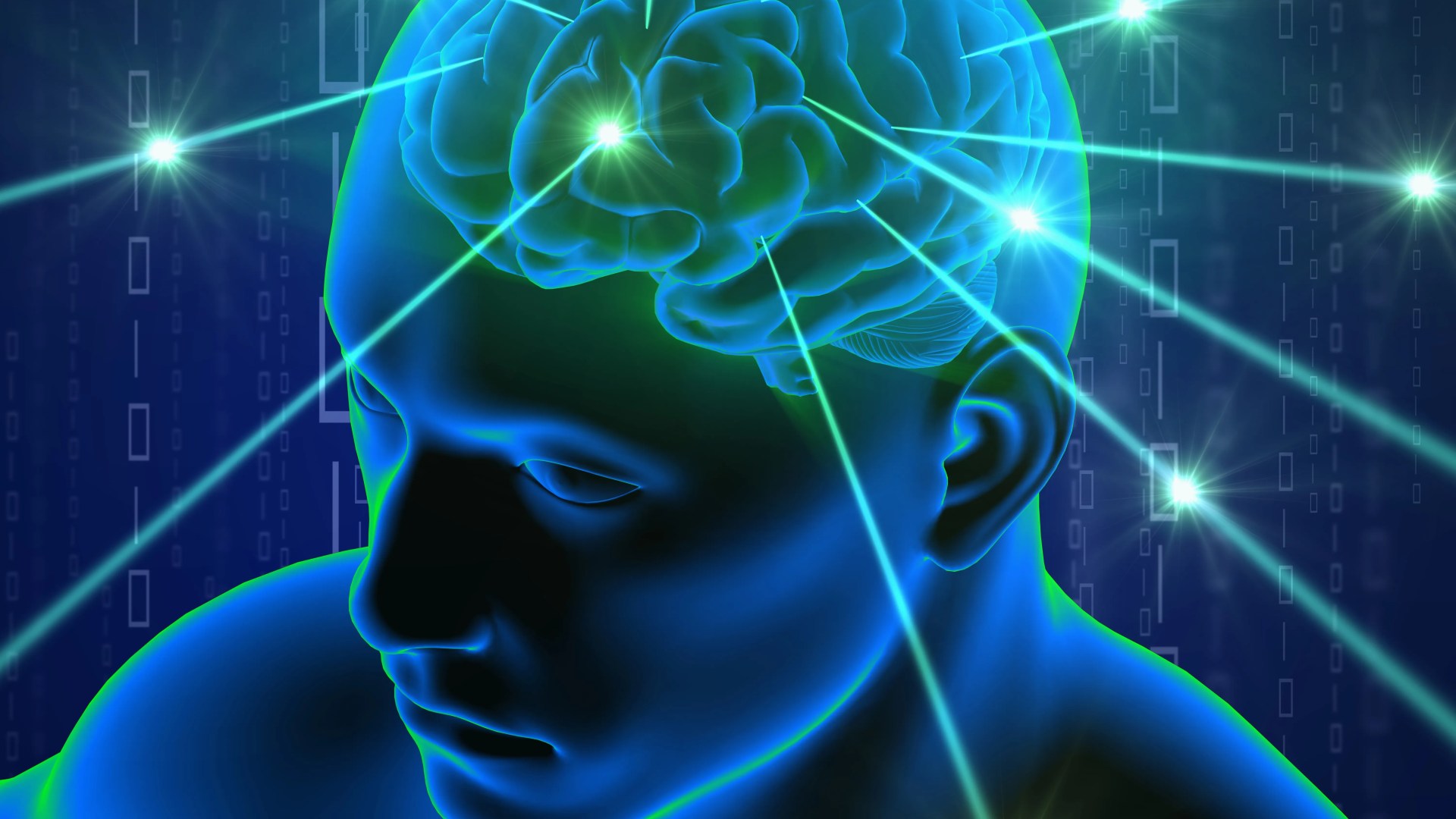FOR decades, Sarah Smith suffered with depression.
But now, due to a futuristic-looking headset that zapped electronic pulses deep into her brain, her fog has lifted.
4

4
She tells Sun Health: “It’s like seeing the world in colour for the first time in over 20 years.”
Sarah had been using the Flow Neuroscience Headset for just five days when she felt the benefits.
The 48-year-old call centre worker from The Wirral, Merseyside says: “I’m a completely different person.
“My partner tells me he can finally see the sparkle in my eyes.
“I told him it’s probably just the electricity.”
In fact electricity, in the form of electroconvulsive therapy, or ECT, has been used to treat depression since the 1930s, with mixed success.
Many still see it as outdated and barbaric, conjuring up images of dark, ominous corridors in grim asylums.
But ECT is still given today to a small number of patients who have severe, treatment- resistant depression.
Now Flow, a new kind of electrical brain stimulation, can be used at home.
It uses transcranial direct current stimulation, a technique which has been developed over 20 years.
Clinical trial
The device sends a weak electrical current through electrodes on the forehead.
This targets a part of the brain linked to positive mood, focus, decision-making and emotion regulation, and where inactivity is linked to depression, though is not necessarily a root cause.
Many factors are thought to influence risk of depression, including circumstances and genetic risk.
Studies are looking at whether tDCS can benefit other mental health conditions, including post-traumatic stress disorder, eating disorders . . . and heartbreak.
Sarah claims it works better than her antidepressants, and her enthusiasm has been echoed by reality TV’s Gemma Collins.
In an Instagram advert in May 2023 after using it for one week, she told her 2.2million followers: “This has been a game changer for me.”
But the Advertising Standards Authority banned the advert in August this year, saying it “discouraged essential treatment for a condition for which medical supervision should be sought”.

4

4
Gemma, 43, claimed the £400 device worked “faster and better” than antidepressants, the side effects of which can include loss of appetite and libido, nausea and other digestive problems.
Just weeks later, the results from a clinical trial testing the Flow device were published in the medical journal Nature.
King’s College London scientists said that 44.9 per cent of patients went into remission — meaning they were no longer considered depressed — within ten weeks of using the headset, compared to 21.8 per cent of patients in the control group who used an inactive headset.
My outlook on life became so much clearer, it was like a black cloud that had been hanging over me for years had been lifted
Sarah Smith
The 174 depressed adults, of which nearly two-thirds were on antidepressants, were given the device to use at home under video supervision.
Study author Professor Cynthia Fu said: “The study showed these headsets have potential to be a first-line treatment for people with depression, or alongside other treatments.”
Sarah is among the 30,000 or so Europeans using one and says: “It’s some of the best money I’ve ever spent.
“It’s expensive, but I was spending so much on antidepressant prescriptions, which over the years really adds up.”
Flow is being offered through some NHS services in West London, Northants and Leicestershire.
Sarah was diagnosed with depression at 26, having begun struggling five years earlier when she gave birth to her daughter.
She recalls: “I was so sad all the time.
“I would just tell myself to get it together and would just pretend I was happy until I almost convinced myself I was.
“Antidepressants did help, but they stopped me feeling things.”
Up to 60 per cent of people on selective serotonin reuptake inhibitors — the most common depression treatment — say they experience the side effect of emotional “blunting”, in which the happy emotions are as stunted as the unhappy ones.
Over the next 24 years, Sarah found herself trapped in a cycle of feeling low, starting antidepressants and coming off them, admitting it was hard for her to be the mum she wanted to be.
Things changed in 2022 when she saw the Flow headset featured on Good Morning Britain.
By day four or five, I suddenly felt alive
Sarah Smith
She decided to try it and after a few days of wearing the device daily for 30 minutes, she says her symptoms noticeably improved.
She adds: “At first, it was a bit painful — the zaps felt like nettle stings — but by day four or five, I suddenly felt alive.
“My outlook on life became so much clearer, it was like a black cloud that had been hanging over me for years had been lifted.”
‘Exciting results’
As she continued using the headset, she slowly reduced her antidepressants, under her doctor’s supervision.
Sarah’s experience mirrors that of patients on the new trial, and Professor Fu says: “Participants really liked the headsets.
“They found them very easy, liked how they could use them from home and generally the response was very positive.”
Sarah now claims to be “thriving as a human” and adds: “I’m out and about all the time, making plans with friends and paddle-boarding with my partner Andrew, and I finally feel like myself again.”
Urging caution, Dr Rachel Ward, a GP at Woodlands Medical Centre in Didcot, Oxon, advises patients not to rush into stopping their antidepressants.
She says: “No drugs have a 100 per cent success rate and antidepressants are no different.
“Though the [new] research is early and the study is small, I think the results are exciting.
“Though this is promising research it is not yet recommended by the NHS.
“Please do not stop taking antidepressants without discussing with your GP.”
Sarah uses the headset occasionally when she senses her mood starting to dip.
Flow recommends using it for up to a year to prevent a relapse, though most benefits are felt within the first ten weeks.
Signs and symptoms of depression
You may feel:
- Continuously low or sad
- Hopeless
- Tearful
- Anxious
You may have:
- No motivation or interest in things, such as hobbies
- Suicidal thoughts
- Lack of appetite and energy
- Disturbed sleep
- Urge to avoid friends or socialising
If you or someone you know is experiencing a mental health problem, the following organisations have more information or can help:
Mind: mind.org.uk, 0300 123 3393
Rethink Mental Illness: rethink.org, 0300 5000 927
Samaritans: samaritans.org, 116 123




